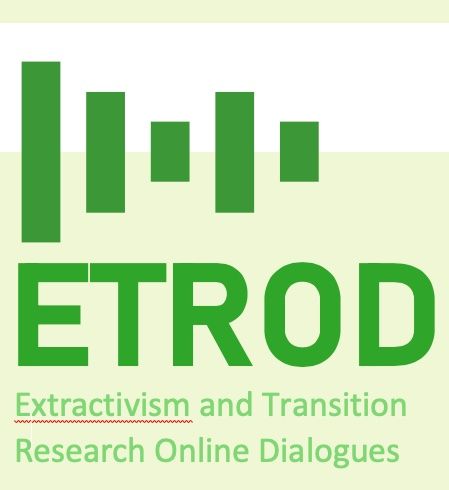
Rita Kesselring
Online
Speaker’s Abstract:
Switzerland is usually not looked upon as a substantial economic actor in Africa. Taking Zambian copper as a case study, we show how important Swiss companies have become in the global commodities trade and the services it depends on. While big Swiss trading firms such as Glencore and Trafigura have generated increasing scholarly and public interest, a multitude of Swiss companies is involved in logistics and transport of Zambian copper. Swiss extractivism, we argue, is a model case for trends in today’s global capitalism. We highlight that servicification, a crucial element of African mining regimes today, creates new and more flexible opportunities for international companies to capture value in global production networks. These opportunities partly rely on business-friendly regulation and tax regimes in Northern countries, a fact which makes companies potentially vulnerable to reputation risks and offers opportunities to civil society actors criticising their role. New and different Swiss–Zambian connections emerge from civil society networks organising around companies’ economic activities.
Zur Person:
Rita Kesselring ist Ethnologin und seit August 2022 assoziierte Professorin für Urban Studies. Ihre Forschung siedelt sich an der Schnittstelle von politischer, wirtschaftlicher, Rechts- und Urbanethnologie an. Sie beschäftigt sich mit globalen asymmetrischen Abhängigkeiten, deren Konsequenzen im Globalen Süden sowie den Möglichkeiten der Veränderung. Ihre Promotionsarbeit untersuchte den Rechtsweg als Weg der Wiedergutmachung am Beispiel von Apartheid-Opfern und ihren Sammelklagen gegen westliche Konzerne. Die Arbeit erschien als Bodies of Truth: law, memory and emancipation in post-apartheid South Africa bei Stanford University Press . Die Habilitation beschreibt das Leben in einer neuen Minenstadt in Sambia und deren Verbindungen zum Schweizer Rohstoffhandelsplatz. So stark beide Welten konzeptionell getrennt sind, so stark sind sie funktional verflochten. Das Buchprojekt ist ein Versuch einer symmetrischen Ethnographie, die Sambia wie die Schweiz als Teil einer Welt begreift und dabei lokale, städtische Dynamiken ebenso ernst nimmt wie die Konsequenzen internationaler Arbeitsteilung.
Kesselring war Gast an der University of Cape Town, University of Connecticut, Princeton University und University of the Copperbelt und Oberassistentin am Ethnologischen Seminar der Universität Basel, bevor sie nach St. Gallen kam.
